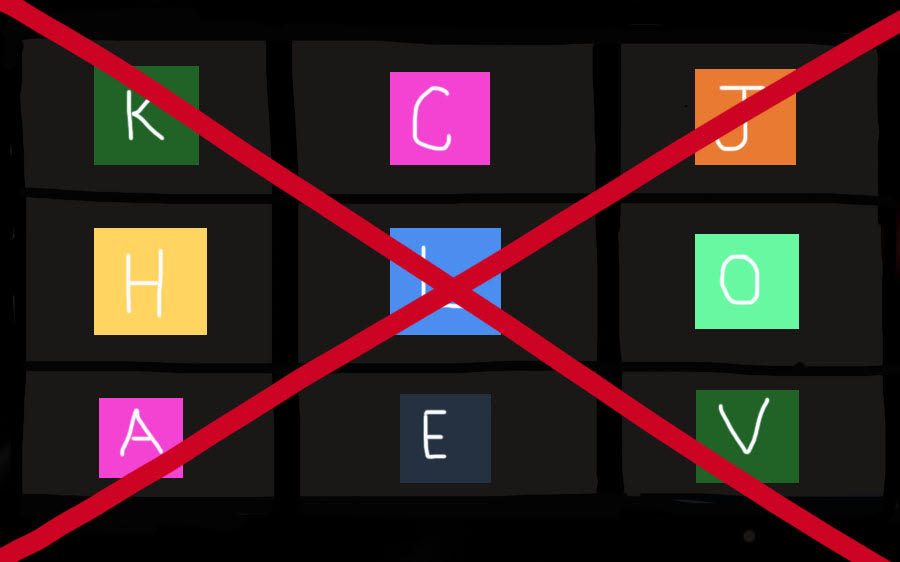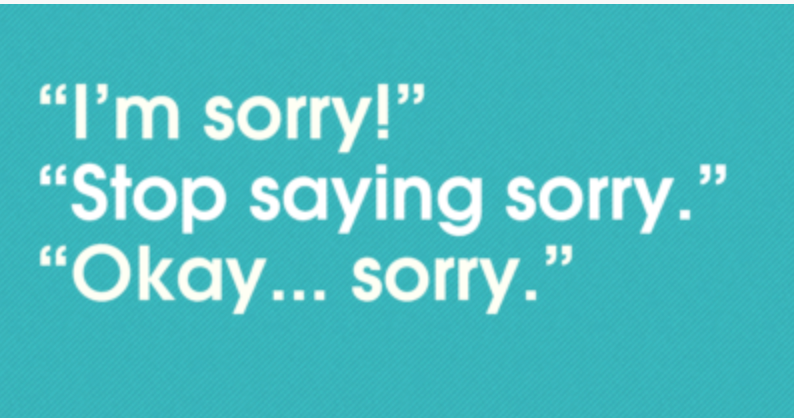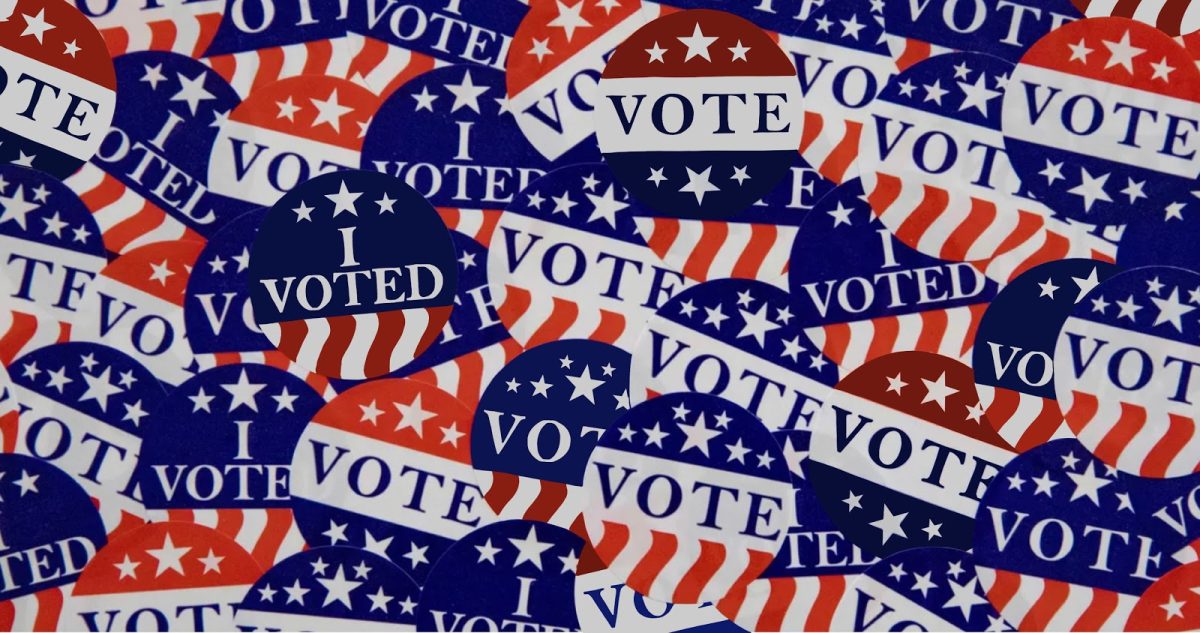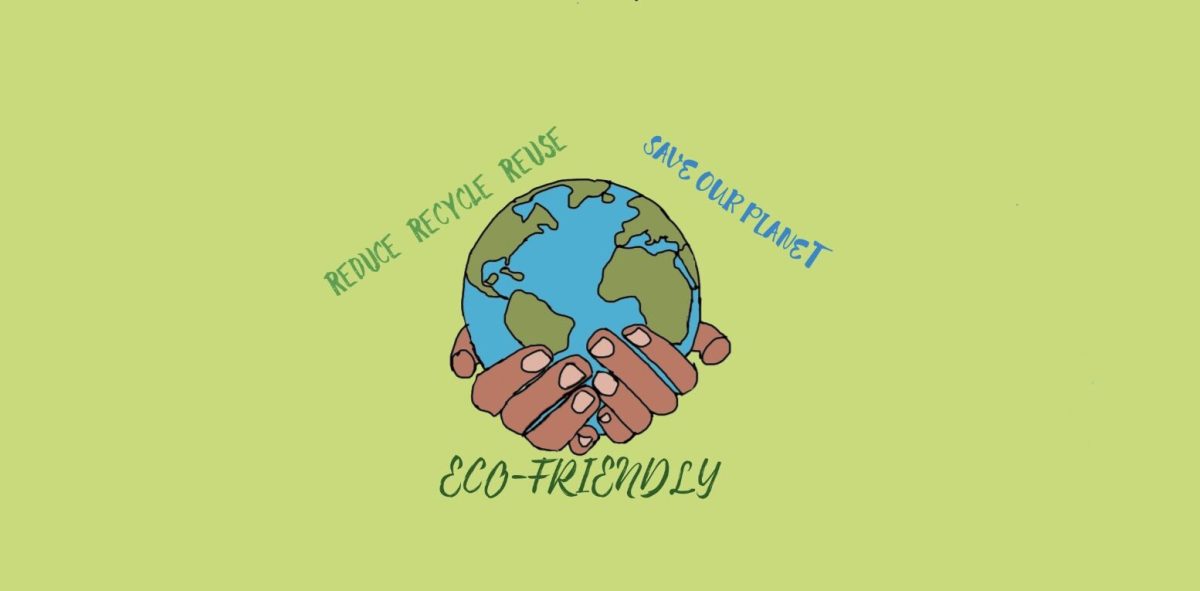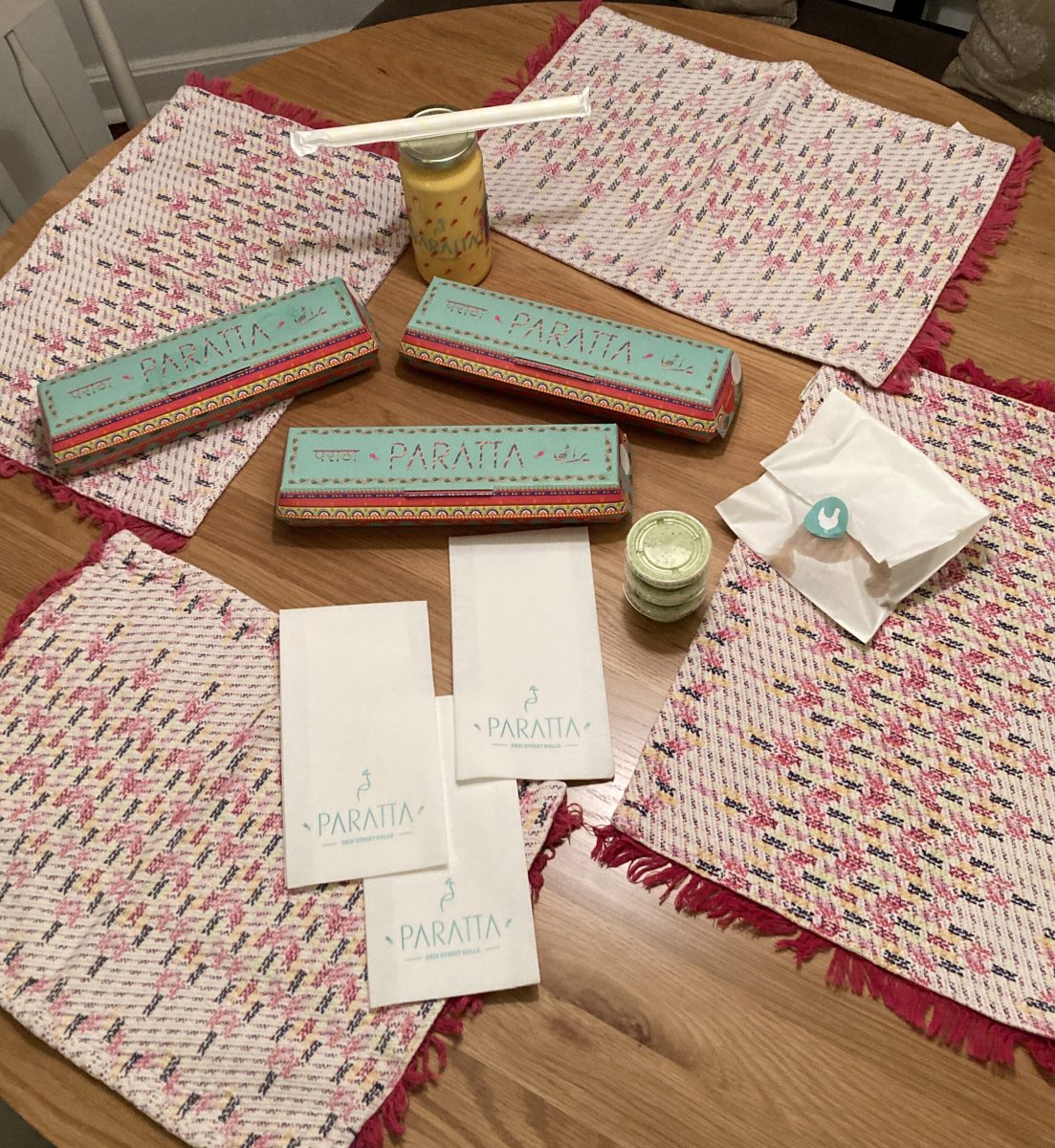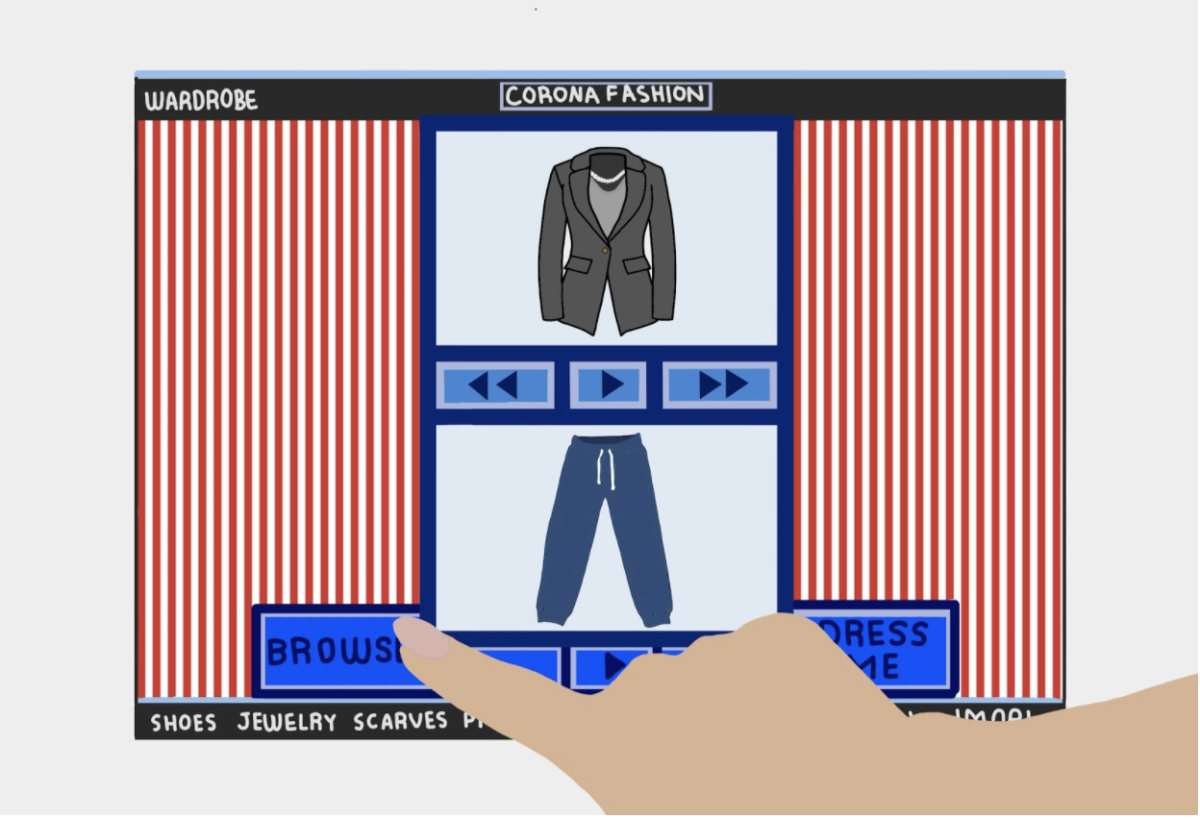According to the Mayo Foundation for Medical Education and Research, hoarding is defined as “a persistent difficulty discarding or parting with possessions because of a perceived need to save them.” Hoarders are often recognized as messy or disorganized, but the disorder is actually more closely linked to the need to control one’s surroundings. Today, as we read about people buying supplies, like toilet paper and hand sanitizer, in quantities that ordinarily would take months or years to consume, are they hoarding? Why are ordinary people feeling so compelled to accumulate so many things?
After the coronavirus broke out, it was evident that people were losing the power to make decisions, to control important outcomes of their lives. Massive unemployment, the threat of a deadly disease, and harsh government guidelines restrict decisions that we are used to making for ourselves. Right now, so many people feel out of control.
During World War I, the U.S. Food Administration was established to manage wartime supplies, including the conservation, distribution, and transportation of food. Posters were created, requesting citizens to reduce their personal consumption of meat, wheat, fats, and sugar. The government felt the need to convince people not to hoard, to make a personal sacrifice to help win the war.
Similarly, in 2020, families are now being asked only to “buy what they need.” However, it seems that they are not listening. In order to fill this gap created by the lack of control, people have responded emotionally without consideration of how their actions might affect everyone else. These mistakes are affecting the availability of important resources and the general anxiety of everyone else.
In order to alleviate the constant worries of those who are stressed, we need to implement a similar message that was used in wartime. People want to control their surroundings, but with so much chaos and confusion, they are looking for a way to channel their energy. Without a convincing message to direct those efforts towards helping others, we can understand why people are grasping for the few things that they can manage.
If we can convince people to follow “Meatless Mondays” and “Wheatless Wednesdays,” Americans can voluntarily modify their habits for the good of everyone. They just need a convincing message and leadership. This goes beyond marketing tactics. This is about helping people to work towards the same goals and winning the war over COVID-19.


